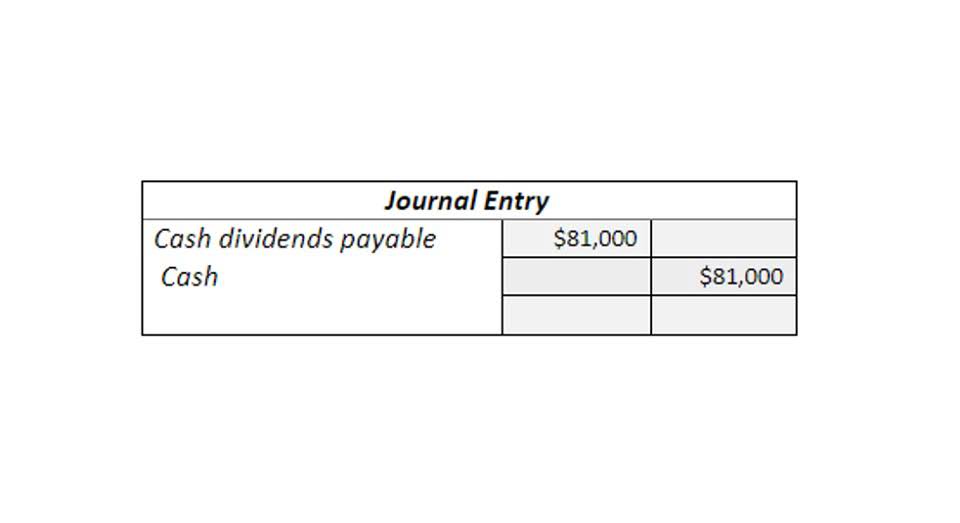
Unless the services are rendered or the goods are shipped to the customer, this type of invoice is not eligible for invoice finance solutions. Typically, businesses apply by providing information about outstanding invoices, customer creditworthiness, and other financial details. However, invoice financing can be a better option for many small businesses in need of short term financing. A business line of credit approves a set amount of funding you can draw from over a period of time.
Research how the solution can grow with your business
Invoice financing can be expensive compared to other business loans, but it can be cost-effective if your customers pay on or before their due date. For traditional loans, you pay interest throughout the life of the loan. But for invoice financing, you’ll only need to pay the fees when the invoices are unpaid. Small businesses, in particular, may have limited funds available, meaning that money tied up in unpaid invoices can have a major impact on cash flow.

Spend management software comparison: The best platforms available
- Invoice finance is a form of alternative finance that is ideally suited for small businesses or startup businesses.
- You should also consider that with invoice factoring, you no longer own the invoice, which may potentially impact your customer relationship.
- Pleo’s invoice management features make it easy to capture, process, approve, pay and bookkeep invoices in a central location.
- Your invoices serve as collateral, which makes you a less risky borrower to a potential lender.
- Although traditional business loan requirements may not be as important with invoice financing, it’s very likely that lenders will look at factors like your credit score, time in business, and annual revenue.
Once the customer pays the invoice, the financing company deducts their fees and returns the remaining balance to the business. However, it’s not for companies that work with delinquent clients or only has a few invoices to spare. Companies with good credit, cash flow, and sufficient time in business should consider applying for other small https://www.bookstime.com/ business loans, like business lines of credit or business term loans. Typically, it’s helpful for businesses facing cash flow challenges due to delayed customer payments. It leverages unpaid invoices to provide immediate working capital, bridging financial gaps. An AR loan offers business financing based on outstanding accounts receivable.
Are factored receivables subject to taxes?

Just like other forms of business loans, invoice financing is not for everyone. Take a look at the pros and cons of invoice financing so you can weigh your options and make informed financial decisions for your company. The main benefit of accounts receivable financing is that it frees up the cash tied to your outstanding invoices. With more capital available, you can cover day-to-day expenses, take in more customers and invest in growth opportunities. An invoice financing company advances you a percentage of the invoice value in exchange for a small fee.
- Prices range from as low as £7 per month to almost £100, and some spend management systems also offer free plans to certain users.
- But fees easily get expensive compared to conventional business loan interest rates.
- If your business is experiencing cash flow problems, invoice financing could be the short-term finance solution you’ve been looking for.
- In this case, the line of credit is backed by your invoices and the amount you receive on the line is usually up to 85% of the value of those invoices.
- However, one of the downsides of invoice financing and using the services of invoice financing companies is that you’ll lose a percentage of your turnover every month.
- Invoice factoring can be a great option if you need money for your business quickly.
It’s common for companies, especially business-to-business companies or service providers, to allow customers to buy products or services on credit. This means that there is a period of time during which the company can expect to be paid a certain amount of money but invoice financing cannot access it until the customer pays the bill. The next type of invoice financing you can receive is what’s known as a line of credit. Some invoice financing companies will offer a line of credit to businesses that need continuous assistance with their cash flow.
Join the 70,000+ businesses just like yours getting the Swoop newsletter. To avoid problems, it is recommended to be consistent and transparent with your reporting around your factoring activity. Whether or not your factored receivables are subject to tax can be difficult to determine, so our advice is to consult a tax professional with expertise in this area. You should consult your own professional advisors for advice directly relating to your business or before taking action in relation to any of the content provided. We make it easier for you to secure the funding you need to grow your business.
If you have limited access to traditional loans
Invoice discounting is a type of revolving loan that is secured by your accounts receivable. Non-recourse financing means the factoring or financing company is out of luck if the invoice isn’t paid. Note that invoice financing or factoring is not a substitute for debt collection. It’s important to understand the difference between recourse and non-recourse factoring or financing.
What is the meaning of invoice finance?
The wholesaler submits a duplicate of the invoice to the lender and they send £8,000 (80%) to the wholesaler’s bank account. In simple terms, invoice financing functions in the same way as a revolving credit line or a series of short-term bank loans. However, unlike those types of lending, with invoice financing, the borrower usually has no need to provide assets as collateral, nor are the owners or directors required to supply a personal guarantee. Invoice factoring works for businesses that might not qualify for a traditional business loan because they don’t have the typical loan requirements.
Is Invoice Financing Appropriate for Small Businesses?
Both invoice financing and invoice factoring secure financing with outstanding invoices. When customers take a long time to pay their bills, businesses are unable to access those funds, which can cause cash flow issues. Invoice financing can provide funds that businesses can use immediately for working capital, payroll, supplier payment, expanding operations, investment, or other necessary payments.


